
Javed Chaudhry signs off from Express News after 18 years on ‘Kal Tak’
November 07, 2025: Veteran journalist Javed Chaudhry bids farewell to Express News after 18 years on Kal Tak, marking the end of an era in Pakistani television journalism.
JournalismPakistan.com | Published 10 years ago
Join our WhatsApp channel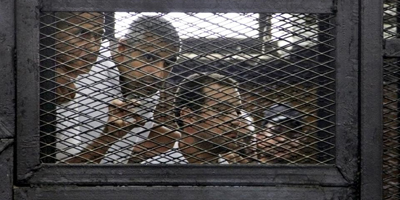
CAIRO: An Egyptian court on Saturday sentenced three Al-Jazeera English journalists to three years in prison, the latest twist in a long-running trial criticized worldwide by press freedom advocates and human rights activists.
The case against Canadian national Mohammed Fahmy, Australian journalist Peter Greste and Egyptian producer Baher Mohammed embroiled their journalism into the wider conflict between Egypt and Qatar following the 2013 military ouster of Islamist President Mohammed Morsi.
It wasn't immediately clear how the sentence would affect the three men. Greste, earlier deported in February, spoke to Al-Jazeera from Sydney and said he believed an Egyptian appeals court would overturn the verdict. Fahmy and Mohammed, both on hand for Saturday's hearing were immediately taken away by police after the hearing.
Mostefa Souag, Al-Jazeera English acting director-general, also criticized the verdict, saying it "'defies logic and common sense."
"The whole case has been heavily politicized and has not been conducted in a free and fair manner," Souag said in a statement. "There is no evidence proving that our colleagues in any way fabricated news or aided and abetted terrorist organizations and at no point during the long drawn out retrial did any of the unfounded allegations stand up to scrutiny."
Judge Hassan Farid, in his ruling, said he sentenced the men to prison because they had not registered with the country's journalist syndicate. He also said the men brought in equipment without security officials' approval, had broadcast "false news" on Al-Jazeera and used a hotel as a broadcasting point without permission.
Immediately after the ruling, Fahmy's wife, Marwa, began crying. Others loudly sobbed.
"The verdict today sends a very dangerous message in Egypt," said human rights lawyer Amal Clooney, who represented Fahmy. "It sends a message that journalists can be locked up for simply doing their job, for telling the truth and reporting the news. And it sends a dangerous message that there are judges in Egypt who will allow their courts to become instruments of political repression and propaganda."
The case began in December 2013, when Egyptian security forces raided the upscale hotel suite used by Al-Jazeera at the time to report from Egypt. Authorities arrested Fahmy, Greste and Mohammed, later charging them with allegedly being part of Morsi's Muslim Brotherhood, which authorities have declared a terrorist organization, and airing falsified footage intended to damage national security.
Since Morsi's ouster, Egypt has cracked down heavily on his supporters, and the journalists were accused of being mouthpieces for the Brotherhood. Al-Jazeera and the journalists have denied the allegations, saying they were simply reporting the news. However, Doha has been a strong supporter of the Brotherhood and other Islamist groups in the greater Mideast.
At trial, prosecutors used news clips about an animal hospital with donkeys and horses, and another about Christian life in Egypt, as evidence they broke the law. Defense lawyers — and even the judge — dismissed the videos as irrelevant.
Nonetheless, the three men were convicted on June 23, 2014, with Greste and Fahmy sentenced to seven years in prison and Mohammed to 10 years for being found with a spent bullet casing. On Saturday, Mohammed received an additional six months for being in possession of a "bullet," according to the full text of the court decision carried by the Egyptian state news agency MENA. It wasn't immediately clear why Saturday's verdict referred to a "bullet," rather than a spent bullet casing.
The verdict brought a landslide of international condemnation and calls for newly elected President Abdel Fattah el-Sissi, who as military chief led the overthrow of Morsi, to intervene. Egypt's Court of Cassation, the country's highest appeals court, later ordered their retrial, saying the initial proceedings were marred by violations of the defendants' rights.
Egypt deported Greste in February, though he remained charged in the case. Fahmy and Mohammed were later released on bail.
Fahmy was asked to give up his Egyptian nationality by Egyptian officials in order to qualify for deportation. It's not clear why he wasn't deported, though Fahmy said he thinks Canada could have pressed Cairo harder on the matter.
Angered by Al-Jazeera handling of the case, Fahmy has filed a lawsuit in Canada seeking $100 million from the broadcaster, saying that it put the story ahead of employee safety and used its Arabic-language channels to advocate for the Brotherhood. Al-Jazeera has said Fahmy should seek compensation from Egypt. - AP

November 07, 2025: Veteran journalist Javed Chaudhry bids farewell to Express News after 18 years on Kal Tak, marking the end of an era in Pakistani television journalism.

November 06, 2025: Information Minister Attaullah Tarar’s job offer to Nukta staff draws criticism as hundreds of journalists across Pakistan face layoffs, salary delays, and job insecurity.
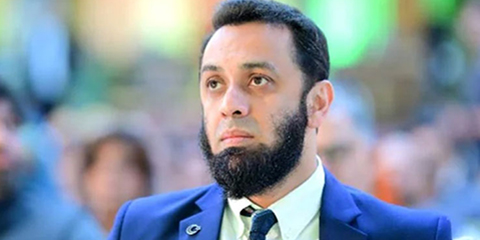
November 06, 2025: Information Minister Attaullah Tarar announces jobs for 37 laid-off Nukta employees, saying they will be placed at digital platforms within 48 hours amid growing media uncertainty.
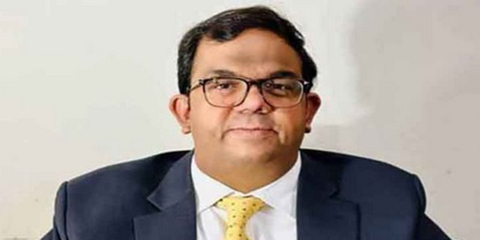
November 05, 2025: PTI’s Faisal Chaudhry’s witty reply to Gharidah Farooqi on GTV’s “G for Gharidah” goes viral as a clip from their debate over the 27th Amendment sparks reactions online.

November 05, 2025: Digital platform Nukta lays off 37 employees in Pakistan, including journalists and producers, highlighting the financial struggles facing new media ventures in a shrinking job market.
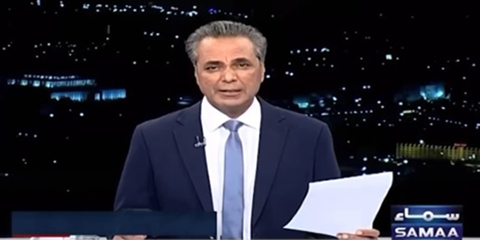
November 04, 2025: Talat Hussain denies airing the viral clip showing Sher Afzal Marwat’s vulgar remark, saying it was not part of his Samaa TV show.
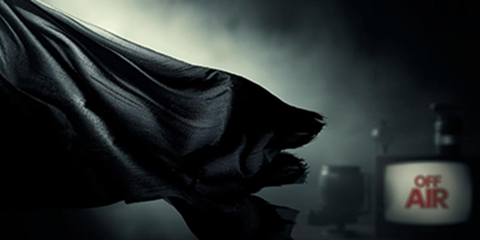
November 03, 2025: PFUJ recalls November 3, 2007, as Pakistan’s darkest day under Musharraf, urging protection for journalists and the abolition of laws threatening press freedom.

November 02, 2025: PFUJ urges Pakistan’s federal and provincial governments to end Impunity for Crimes Against Journalists and ensure their safety and press freedom.

November 07, 2025 Iran has intensified online censorship, blocking independent news sites and social channels, sparking protests from journalist groups over the growing suppression of press freedom.
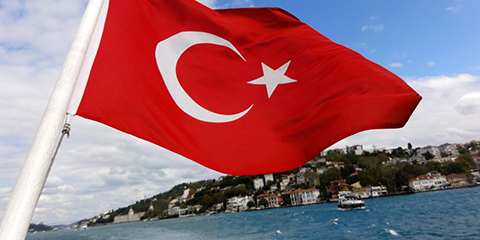
November 07, 2025 Six Turkish journalists have been summoned over coverage of opposition mayor Ekrem Imamoglu, raising fresh concerns about press freedom and political repression in Turkey.
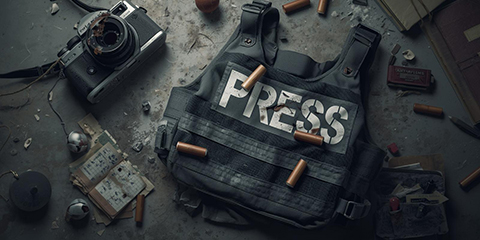
November 07, 2025 Over 285 journalists have been killed in Gaza since 2023, exposing a severe impunity crisis and raising calls for global action to protect press freedom.
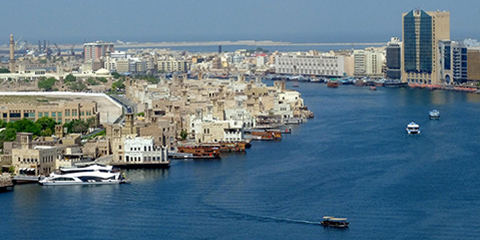
November 07, 2025 Arab states are tightening digital content laws, with new regulations in the UAE, Saudi Arabia, and Egypt raising fresh concerns about media freedom and online expression.

November 05, 2025 The Pulitzer Center is offering global reporting grants for journalists worldwide, funding high-impact projects on underreported issues with rolling applications in 2025.